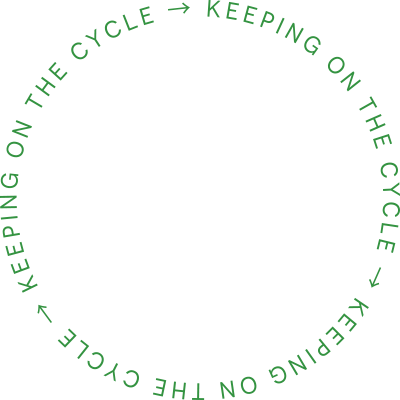Customer reference in pharmaceutical industry


Context: Application in the pharmaceutical industry
As part of an industrial transfer, our customer’s production of concentrated mercurothiolate effluents is set to increase. This component is used to inactivate bacteria used in vaccine production.
This transfer will lead to a drastic increase in the volume of effluent to be treated. Currently, the effluent is treated by upstream ultrafiltration, then undergoes heat treatment and pH neutralization before being discharged into the municipal wastewater treatment plant.
Challenges
One of the main pollutants found in this effluent is mercury, whose concentration reaches almost 44mg/L, or 39g/lot.
Regulations in effect since August 24, 2017 indicate that industrial discharge of mercury and its compounds must not exceed 25 µg/L. This limit varies depending on the convention, and can drop to 70 ng/L in Lyon, for example.
It is therefore necessary to identify a treatment solution to eliminate mercury discharges.

Implemented technologies
In response to these challenges, Treewater is proposing an adapted solution combining its advanced oxidation process with adsorption on media (biobased or not).
According to a preliminary study carried out by Treewater, advanced oxidation increases adsorption on ion exchange resins and biobased media, transforming the adsorbed mercury content from 20% to 90%.
